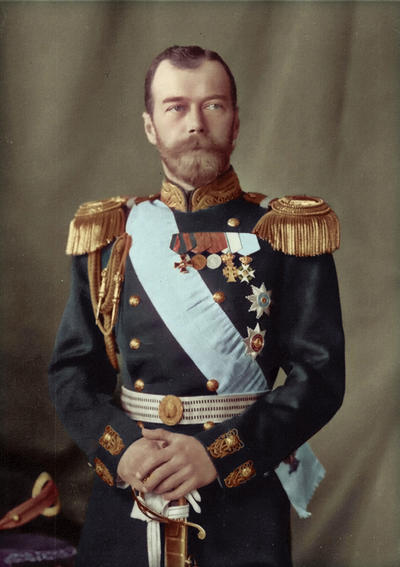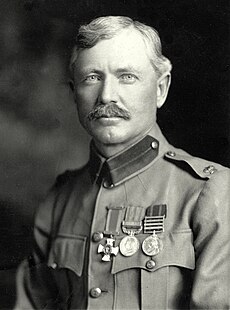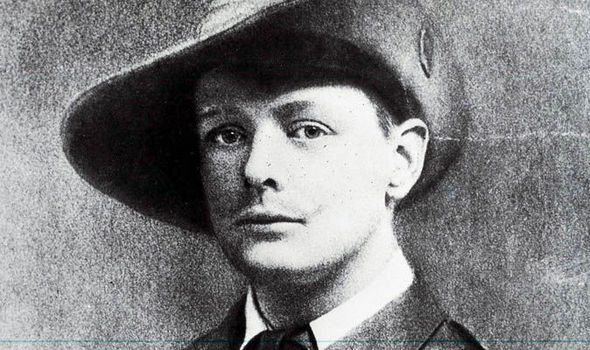Oh and I threw this together, should make the 1892 US election a little clearer.



Integration and "equalisation" as everywhere. Plans are still very theoretical and I'll cover this later in more detail but the Fabians' plans for Imperial Federation revolve around a three stage process; first is the "Dominionisation" of as many states as feasibly possible, then comes the creation of a loose "Imperial Council" with monertary union, an integrated military and otherwise roughly current OTL EU levels of government, then step three is final integration into a single "nation", which Dominion parliaments acting as devolved authorities. India will have the same rights as any other portion of the empire but as the specifics haven't been worked out, some suggest 1 domion as a united india, some suggest 2, some upwards of ten, some want the Princely States independant ect ect. Plans are a long way from final but generally they want to bring universal literacy, an elective parliament and gradual but steady "equalisation", probably not quite proportionately but still.What are the Fabian plans for India?
I don't want this TL to be a "Socialist/Liberal Wank" so I hope it'll stay believable and relatively sympathetic all round.
Integration and "equalisation" as everywhere. Plans are still very theoretical and I'll cover this later in more detail but the Fabians' plans for Imperial Federation revolve around a three stage process; first is the "Dominionisation" of as many states as feasibly possible, then comes the creation of a loose "Imperial Council" with monertary union, an integrated military and otherwise roughly current OTL EU levels of government, then step three is final integration into a single "nation", which Dominion parliaments acting as devolved authorities. India will have the same rights as any other portion of the empire but as the specifics haven't been worked out, some suggest 1 domion as a united india, some suggest 2, some upwards of ten, some want the Princely States independant ect ect. Plans are a long way from final but generally they want to bring universal literacy, an elective parliament and gradual but steady "equalisation", probably not quite proportionately but still.
A single united India will quickly dominate due to population advantages, better to just surpress Indian Nationalism and promote regionalism and create multiple dominions, leaving Britain as the largest member.




I hope Austria survives and reforms- even if greatly reduced. It strikes me as odd if a single ideology becomes dominant globally- if the "weaker" ideology should triumph it would be quite interesting.
Following his departure from the Berlin-centred Triple Alliance, the Austrians began to encourage more friendly relations with her eastern neighbour and long time rival, Russia.
Stolypin hoped to (and in many cases, indeed did) combine modern ideas of meritocracy and more antiquated ideas of paternalistic, aristocratic rule. By heavily investing in Russian Universities, Stolypin hoped to create an elite and well educated class of Russian Aristocrats that started to emerge by 1895. The economy boomed and investment poured in from France and America, factories popping up in Moscow and St Petersburg whilst new cities began to emerge in Southern Russia and the Ukraine. The average life of a peasant genuinely improved with wages and educational opportunities rising however they were increasingly cut off from the political sphere and Stolypin ensured that schools began to spread his “Neoautocrat” ideology. His “Young Russian” campaign hoped to mimic the national renovations of Germany, Italy and Japan and a new, industrialising and efficient Russia was coming out into the world.
Nicholas’ most famous speech came in late 1894, only a few months before the conflict that engulfed him and his country, now they seem rather telling. “I want everyone to know that I will devote all my strength to maintain, for the good of the whole nation, the principle of absolute autocracy, as firmly and as strongly as did my late lamented father."
("economic progress but no democratic liberalisation").



To quibble, there was Democratic Liberalisation in the Meiji reforms, just not to a constitutional monarchy a la the UK or a republic a la France (Post 1873.)
How is the interior situation changing in Austria-Hungary?
So Russia is following the Chinese road, or the Meiji one ("economic progress but no democratic liberalisation").
I have but one question.
Will teddy stil become US president?
The congolese lands of Brazzaland and Great Burnham would bear their names even till today.
HmmmmWell that would be spoilers but he definitely runs


Tsar Nicholas II made a now infamous speech in St Petersburg Square.
Over the course of a month, Churchill's delegation sat and stewed with a superior French force outside their walls. The militaries of Europe began subtle moves to mobilisation and a thousand secret treaties were conducted behind closed doors. Despite all of this, peace still seemed the probable outcome; the French had bigger fish to fry and the Liberals in Britain wanted a clean run to pass their Irish Home Rule Bill. Unfortunately, things got complicated and in what seemed a fairly run of the mill affair, Tsar Nicholas II made a now infamous speech in St Petersburg Square.